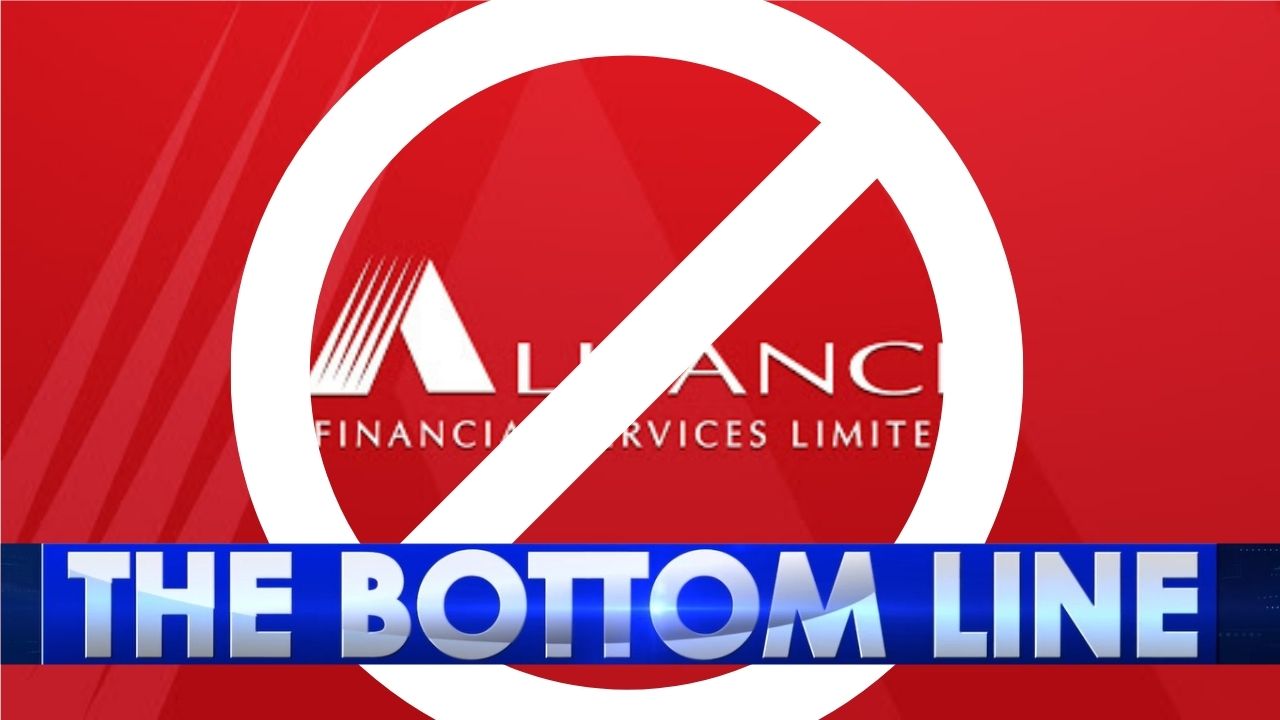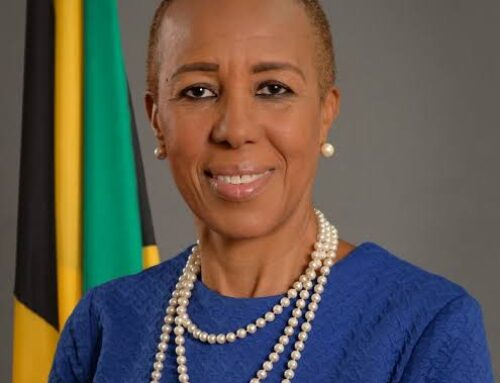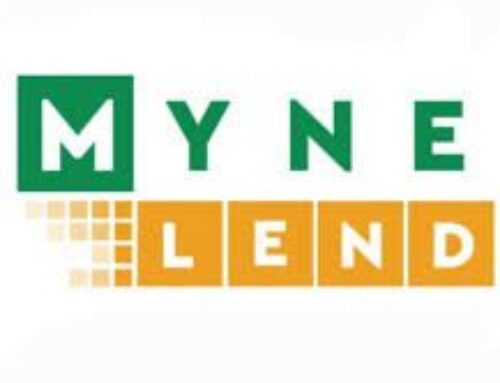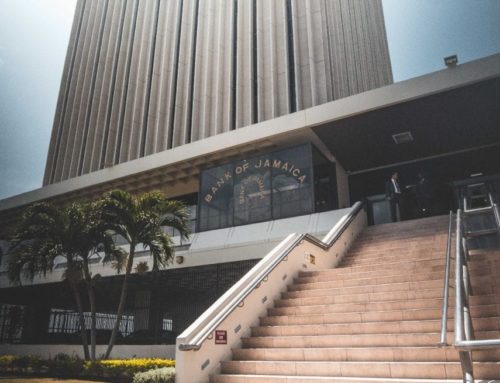
THE BOTTOM LINE: Massive Implications from Alliance suspension
By Kalilah Reynolds
Almost a year after the IPO for Alliance Financial Services Limited was abruptly suspended, regulators have charged company officials with financial crimes and suspended its cambio and remittance licence.
The move has sent shockwaves through the financial sector, leaving 500 employees jobless three weeks before Christmas. It’s also raised many questions about how Alliance has been operating, as well as who will fill the void left by one of the largest cambio and remittance companies in Jamaica.
What happened?
At about 1pm on Friday, December 3, 2021, the Financial Investigations Division (FID) of the Ministry of Finance and the Public Service released a statement that Alliance, its President Peter Chin and Vice President Robert Chin, have been charged with financial crimes.
AFL and Peter Chin were charged with ‘Carrying on the Business of Lending Foreign Currency without being an Authorised Dealer’. The charges relate to over 20 foreign currency loans, totalling approximately US$8 million to various entities.
Meanwhile, AFL, Peter and Robert Chin were all charged for accepting US$7.5 million in deposits without the requisite licence from the Bank of Jamaica. The breaches allegedly occurred over a three-year period (2014 – 2017).
Additionally, Alliance Investment Management Limited (AIML) was charged with ‘Failure to file Threshold Transaction Reports’. Under the Proceeds of Crime Act (POCA), financial institutions must report cash transactions of, or exceeding, US$15,000.
Less than four hours after the FID’s announcement, the BOJ announced that it had suspended AFSL’s cambio and remittance licences, effective immediately, Friday, December 3.
“This has become necessary given the charges recently laid by the Financial Investigations Division (FID) on the principals of the company,” said a statement from BOJ.
The Impact
AFSL, which has five cambio locations in Kingston, Mandeville, May Pen and Portmore, is now effectively out of business indefinitely.
According to its IPO prospectus, the company handles 30 percent of all Moneygram transactions and more than 8 percent of all remittance inflows on the island. The suspension, therefore, leaves a massive hole in the cambio and remittance markets.
The BOJ has advised that customers can still access MoneyGram services through Lasco Financial Services, JN Money Services, and VMBS Money Transfer Services. The competing Western Union operated by Grace Kennedy Remittance Services will also be an option.
Despite these options, an 8% hole during what is likely the busiest period for remittances of the year, will certainly be felt, at the very least in long lines at the operators forced to pick up the demand, and inconvenience for those who have to find a more distant location.
But the BOJ decision has even further implications. They have also revoked AFSL’s authority to operate as a payment service provider.
“Current holders of the Alliance ePay Card will continue to utilize available balances on their cards, but will not be able to cash-out or top up account balances,” said a statement from the BOJ.
According to Alliance’s IPO prospectus, the company had issued more than 29,000 prepaid Mastercards up to December 2020. In November 2020, Alliance also launched a co-branded prepaid Mastercard in association with the Jamaica Civil Service Association which has 26,000 members.
This leaves tens of thousands of Jamaicans unable to withdraw their funds or top up the accounts on their prepaid cards, in the busiest shopping period of the year. For some of these customers, this prepaid card may be their only access to digital or online payments.
Back to the IPO
Alliance shareholders had intended to raise JM$2 billion from the IPO. With the reputational hit from these charges, and the financial impact from the cease of business, it is unlikely that Alliance will be able to come back to the market, unless it is vindicated by the courts.
The company has so far not professed guilt or innocence, but their attorney, Tom Tavares Finson, told Nationwide News that the BOJ ought to reconsider its decision.
“There has to be some presumption of innocence here, that’s a trite principle which should inform actions in relation to this and any legal matter where allegations are made,” said Finson.
The attorney described the sudden suspension as “a bit curious”, given that the central bank was aware of the concerns dating back to 2009, and that “they were also fully in the know about steps taken to address the concerns.”
Potential investors have no doubt dodged a bullet, but the questions beg to be asked – what did the regulators know and when? The IPO was scheduled to have opened on December 28, 2020, but on that very morning, Alliance announced that it was suspending the offer.
So how did it get that far? The FSC had given the go ahead for the prospectus, which was published on December 21, 2020, but it wasn’t until after it was published that Alliance said its directors “were made aware of a matter relating to a separate entity in which they are connected parties.” Based on a statement by Alliance, the company had expected the matter to be cleared up within a month. Clearly, they were very wrong.
The breaches of which AFL are accused allegedly occurred between 2014 and 2017.
Strong arm
No doubt, these breaches relating to foreign currency transactions are serious. Jamaican regulators keep a close eye on fx transactions for several reasons. Access to foreign currency remains a contentious issue for Jamaican manufacturers and other importers. With the USD selling at an average JM$156 (a historic high) supply clearly remains tight, and with a major player now out of the picture and unable to transact the supply in their control, this issue is likely to be exacerbated, with prices for the USD rising even higher.
Moreover, regulators are very concerned about potential money laundering. Financial institutions are required to enforce strict Know Your Customer (KYC) requirements. Sources of foreign currency in particular, must be properly documented. Alliance allegedly flouted those regulations by accepting USD when they were not authorized to do so, failing to report large USD transactions, and issuing USD loans without permission.
Jamaica has been coming under increasing pressure to demonstrate that it is taking appropriate action on anti-money laundering measures, with the blacklisting and subsequent greylisting by the European Union, which impacts the island’s ease of doing business internationally. The move against Alliance may be interpreted as strong action in this direction, and may perhaps check one of the boxes that eventually gets the country off the grey list.
KRM has reached out to the FID, BOJ and Alliance, but all have so far declined further comment on the matter.
So where does this leave the business, its customers, and the country? The reverberations will most certainly be felt.
And that’s THE BOTTOM LINE
Ask The Analysts
The Cast David Rose Business Writer, Observer Leovaughni Dillion Investment Research & Sovereign Risk Analyst at JMMB Group
R.A. Williams to list on JSE
The Cast Audley Reid CEO R.A. Williams Distributors Julian Morrison Founder, Wealth Watch JA











Leave A Comment